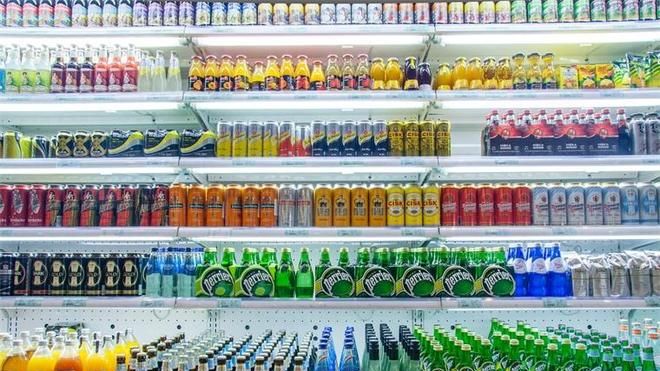There are various types of artificial sweeteners in commonly available sugar-free beverages on the market, which differ significantly in chemical structure, sweetness, metabolic pathways, and potential health impacts. Understanding these differences helps consumers make more informed choices and aids in understanding the conflicting results that may exist between different studies.
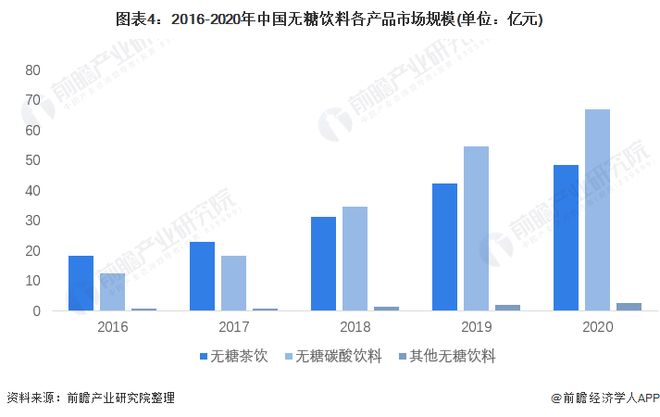
Aspartame is one of the most common artificial sweeteners, with a sweetness approximately 200 times that of sucrose, and is widely used in sugar-free sodas and other "zero-calorie" drinks. This dipeptide sweetener, synthesized from aspartic acid and phenylalanine, can be broken down in the body into metabolic products including methanol, leading to ongoing debates about its safety. Multiple studies have linked aspartame to insulin resistance and gut microbiota disruption, suggesting it may be one of the main types of sweeteners that increase the risk of diabetes. Notably, individuals with phenylketonuria must completely avoid aspartame, as they cannot metabolize the phenylalanine it contains.
Sucralose is another commonly used high-efficiency sweetener, with a sweetness up to 600 times that of sucrose. This sweetener, derived from the chlorination of sucrose, has good thermal stability and is often used in foods that require heating. Research indicates that sucralose may affect glucose metabolism by altering the composition of gut microbiota and the expression of glucose transport proteins. A study from Monash University specifically pointed out that the combined use of sucralose and aspartame may produce a synergistic effect, further amplifying metabolic disruption.
Acesulfame potassium (potassium acesulfame) is often used in combination with other sweeteners, with a sweetness approximately 200 times that of sucrose. Animal studies have shown that acesulfame can significantly alter the distribution of gut microbial populations, leading to dysbiosis and exacerbating glucose intolerance. Compared to aspartame and sucralose, acesulfame has a lower metabolic rate in the body, being excreted almost entirely in its original form, but this does not mean it is harmless to health; its direct impact on gut microbiota may be more critical.
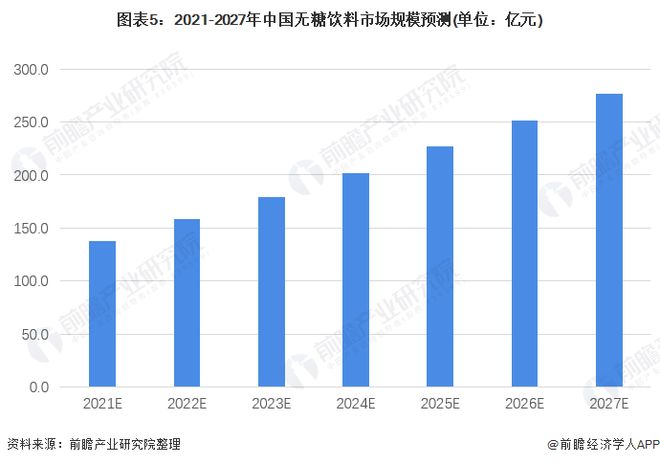
Sugar alcohol sweeteners such as erythritol and xylitol, although often marketed as "natural" alternatives, have also revealed potential risks in recent studies. These sweeteners provide about half the calories of sucrose and do not cause significant fluctuations in blood sugar, which is why they were once considered relatively safe options. However, a study published in 2023 in the journal Nature Medicine pointed out that erythritol is associated with an increased risk of cardiovascular events, potentially increasing the risk of thrombosis by promoting platelet aggregation. Additionally, sugar alcohols can ferment in the gut, leading to discomfort symptoms such as bloating and diarrhea, which can be particularly detrimental for individuals with irritable bowel syndrome.
In the face of health risks associated with sugar-free beverages, consumers urgently need safe and healthy alternative choices. Based on the latest research evidence and nutritional consensus, we can construct a scientifically sound beverage selection strategy that meets taste needs while effectively maintaining metabolic health.
Plain water remains the most basic and safest beverage choice. Its zero-calorie and no metabolic burden characteristics make it an ideal choice for maintaining hydration. Professor Moyi Ming's team from the General Hospital of the People's Liberation Army emphasizes that gradually reducing dependence on sweetness and using water as a base beverage is a fundamental strategy for maintaining metabolic health. For consumers seeking flavor, adding natural flavorings such as fresh lemon slices, cucumber slices, or mint leaves to drinking water can enhance taste while avoiding the risks of artificial additives.
Light tea (green tea, black tea, etc.) provides a healthy choice rich in antioxidants. Active components such as tea polyphenols have been shown to help improve insulin sensitivity and reduce the risk of diabetes. It is important to note that to avoid excessive caffeine intake and sleep disturbances, it is recommended to limit the total daily tea consumption to within 1 liter and to avoid drinking before bedtime. Individuals with excessive stomach acid or anemia should consult a doctor regarding the frequency of tea consumption.
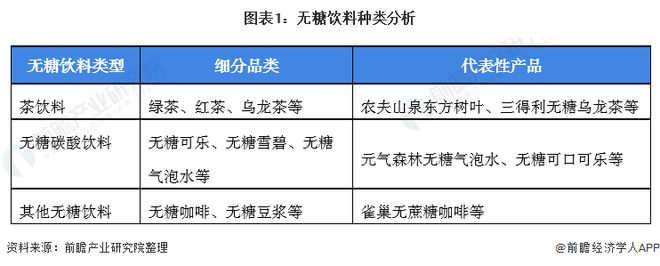
Pure coconut water, as a natural electrolyte beverage, is suitable for replenishing fluids and minerals after exercise. When choosing, it is important to select brands without added sugars to avoid unnecessary refined sugars. Coconut water naturally contains about 5-6% sugar, so intake should still be controlled, with a daily recommendation of no more than 200-300 milliliters.
Homemade fruit and vegetable juices retain more dietary fiber compared to commercial products, helping to slow down sugar absorption. When making, it is advisable to retain the pulp and use a slow juicer or directly make fruit and vegetable puree. Nutritionists recommend that the daily intake of homemade fruit and vegetable juice should not exceed 200 milliliters and is best consumed with meals to smooth out blood sugar fluctuations. Pairing dark vegetables (such as spinach, kale) with low-sugar fruits (such as berries, green apples) can maximize nutritional value while controlling sugar intake.
Sugar-free soy milk and milk provide high-quality sources of protein and calcium. Individuals who are lactose intolerant can choose fermented yogurt, but it is important to note that commercial yogurt often contains a lot of added sugars; homemade sugar-free yogurt or choosing products labeled "no added sugar" is more ideal. Plant-based milks such as almond milk and oat milk are also worth considering, but it is necessary to check the ingredient list to avoid unnecessary additives.
Despite numerous studies pointing out the potential health risks of artificial sweeteners, there remains some controversy in the scientific community, reflecting the inherent complexity of nutritional science research and indicating directions for future studies.
A one-year randomized controlled trial presented at the 2024 European Obesity Congress reached conclusions that differ from most observational studies. The study found that adults using low-calorie sweeteners were better able to maintain weight control after rapid weight loss, with no observed increase in the risk of type 2 diabetes or cardiovascular disease. The research also noted that sweetener users reported higher dietary satisfaction when dining out, increased positive emotions, and reduced cravings for sweets. This contradictory result may stem from differences in study design—observational studies struggle to fully control for confounding factors, while the duration of intervention trials may be insufficient to reveal the long-term effects of sweeteners.
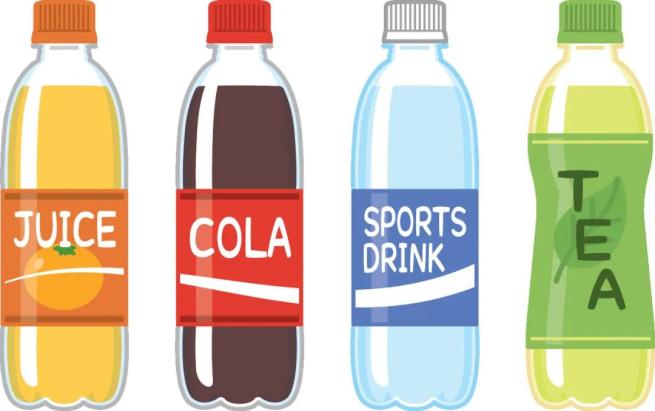
Differences in research methods are one of the important reasons for inconsistent conclusions. Observational studies typically rely on participants' self-reports to assess sweetener intake, a method that may be subject to recall bias and reporting errors. Additionally, sweetener consumers often have specific lifestyles and health awareness, which may itself influence health outcomes, leading to "confounding bias." In contrast, randomized controlled trials can better control for these confounding factors, but they often have smaller sample sizes and shorter durations, making it difficult to assess the long-term cumulative effects of sweeteners.
Individual differences are another key variable. Factors such as genetic background, baseline metabolic status, and gut microbiota composition may lead to significant differences in how different populations respond to sweeteners. For example, a study in the United States found that among individuals who met exercise standards, those who consumed at least 2 bottles of sugary drinks per week had a 22% increased risk of diabetes, while the risk for those consuming the same amount of sweetener drinks only increased by 7%. This difference suggests that the impact of sweeteners may be moderated by lifestyle factors, and future research needs to focus more on gene-environment interactions.
The differences in types and combinations of sweeteners also increase the challenges of comparability in research results. The types of sweeteners popular in different countries, regions, and markets vary, and multiple sweeteners are often used simultaneously in commercial products to optimize taste. This complexity makes it difficult to directly generalize the conclusions of studies on single sweeteners to actual consumption scenarios. The 2023 WHO guidelines pointed out that substituting sweeteners for real sugar does not help with weight loss or diabetes prevention, but also acknowledged that the quality of existing evidence is inconsistent.
It is particularly important to emphasize that for individuals who have developed a dependence on sweetness, change needs to be gradual. A sudden complete withdrawal may lead to intense discomfort and rebound; adopting a "sweet reduction training" approach to gradually decrease taste bud sensitivity to sweetness is more feasible. Support from family and social environments is also crucial, such as providing healthy drinking options in workplaces and restaurants defaulting to plain water instead of sweetened beverages, which can create a social atmosphere that supports healthy choices.
Scientific research will never stop advancing, and the debate over artificial sweeteners will continue. However, in light of current evidence, cautiously reducing the intake of sugar-free beverages and returning to a water-based drinking habit is undoubtedly a safer choice. There are no shortcuts to health; only by establishing scientific understanding, cultivating good habits, and maintaining moderate self-discipline can we truly avoid the "sweet trap" and safeguard long-term health.
